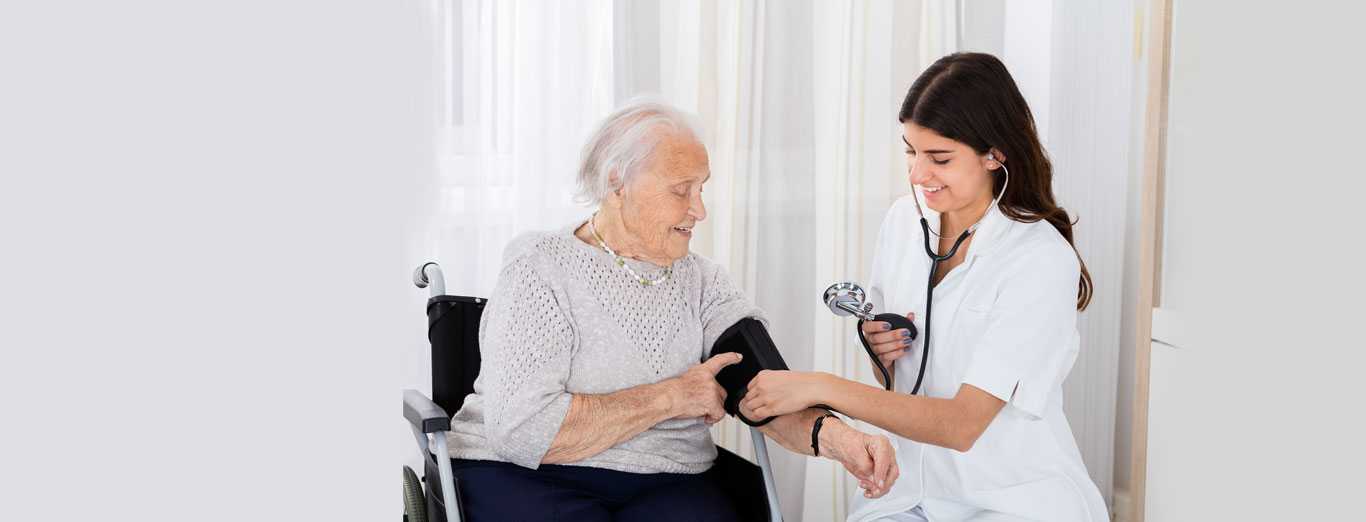
common infections in elderly
infection in elderly
For people over 65, infections are the most common cause of death. In fact, infectious diseases account for one-third of all fatalities in people over 65.
Patients and their loved ones can benefit greatly from home healthcare. The elderly spend their days with the people they cherish and are surrounded by things they are familiar with and comfortable with. The family can keep tabs on the patient’s care and spend more quality time with them.
Most family members provide treatment without having any prior medical expertise. There may be some worries due to the lack of training. Among the most important topics that everyone needs to become knowledgeable about when they’ve got an older family member recovering at home is infection management.
significance of preventing infection
Infection prevention and control procedures save lives and cut down on hospital stays. Infectious infections account for one-third of all fatalities in those over 65. Due to their advanced age, seniors tend to have a weakened immune system, making them even more vulnerable to infection.
elderly infections: warning signs and symptoms
Seniors often don’t exhibit the same symptoms as younger patients because their bodies react differently to infections than those of younger patients. Because of this, diagnosing illnesses in elderly people can occasionally be challenging. Since elderly people may not exhibit a jump in their white blood cell count, a frequent signal of infection, even when they are ill, blood tests cannot detect some signs of infection.
You may bring better health, life quality and long life for your beloved one by keeping an eye out for subtle changes in their health and acting quickly to fend off any infections that may be avoidable.
Most significantly, different infections have distinct symptoms, and depending on factors such as general health and fitness, some seniors may experience common symptoms while others might not. Yet, there are several common, instantly recognizable symptoms to look out for to identify a number of prevalent illnesses in older adults:
- Chills
- Confusion
- Coughing
- Fatigue
- Fever
- Loss of appetite
- Muscle aches
- Sore throat
- Sudden headaches
most common types of possible infections in elderly people
Understand common infections in elderly persons, their signs, how they spread, and how to cure them now that you are aware of key warning bells to look out for—
Bacterial Pneumonia
The majority of elderly people are admitted to hospitals because of pneumonia. Chest infection in elderly is more common with a higher risk in the old-aged group than in young ones and the reason behind this is many.
As many older citizens age, pneumonia becomes more serious due to a combination of factors including increasing exposure in various social gatherings, lowered lung function, and a weak immune system brought on by other illnesses.
In older patients with pneumonia, typical symptoms including chills, cough, and fever have become less common. Keep a close watch out for non-respiratory symptoms such as disorientation, confusion, and decreased appetite rather than only these well-known ones.
Most common types of lung infection in elderly includes—
- Asthma
- Chronic compulsive pulmonary disease, or COPD
- Chronic Bronchitis
- Acute Bronchitis
- Lung Cancer
- Cystic Fibrosis
- Tuberculosis
- Pneumonia
Urinary tract infections (UTI)
Urinary tract infection or UTI in elderly is another most common complication of bacteremia, a kind of bloodstream infection. In senior adults, diabetes and catheter use can lead to increased risk of UTIs.
Urinary incontinence and unexpected behavioural changes, like bewilderment or deterioration of dementia, are warning indicators for elderly people. It’s also crucial to remember that the elderly may not always experience the pain or excessive urine associated with UTIs, even if these symptoms are typical in younger people.
High mortality results from the challenge of detection of early blood infection elderly.
Skin Infections
Due to their skin’s deteriorating capacity to heal and fight infection, seniors are significantly more likely to get skin infections.
Among older patients, typical skin diseases include—
- Foot infections caused by bacteria or fungi, are usually common in people with diabetes
- Drug-resistant infections such as methicillin-resistant Staphylococcus aureus, which cause cellulitis (MRSA)
- Pressure ulcers and herpes zoster (shingles) are viral illnesses
- Keep an eye out for any abnormal skin blemishes, itchiness, or pain. If your loved one is in pain, get medical attention.
By maintaining proper hygiene, like proper handwashing, you can avoid skin infections. Therefore, maintaining proper hygiene is crucial if your beloved one is in an institutional care facility or senior living community.
Influenza
Influenza is yet another of the most common causes of elderly deaths. Seniors are more likely to experience serious effects from influenza, like pneumonia, as they frequently have depleted resistance to infection and several chronic illnesses.
Additionally, the risk of infection rises in closed facilities, such as nursing homes, because influenza is easily transmitted by sneezing and coughing.
How Can Portea’s Elderly Care at Home Services Help?
The comfort, convenience and coziness of your own home is the greatest place to get care. Portea is available to help you whenever you need it, no matter what!
Portea provides senior care services in the comfort of your own home. Portea provides compassionate, high-quality care. To make basic care more affordable, accessible, and responsive to our patient’s requirements, we offer high-quality healthcare right into the homes of our patients.
As we are aware that everyone has different healthcare needs, our priority is always our patients. At a cost that fits one’s budget, our qualified professionals give you the necessary direction and help to maintain your physical, emotional, and mental health.
Doctor Consultation
Nursing
Physiotherapy
Trained Attendant
Elder Care
Mother & Baby Care
Lab Tests
Medical Equipment
Speciality Pharma
Critical Care







